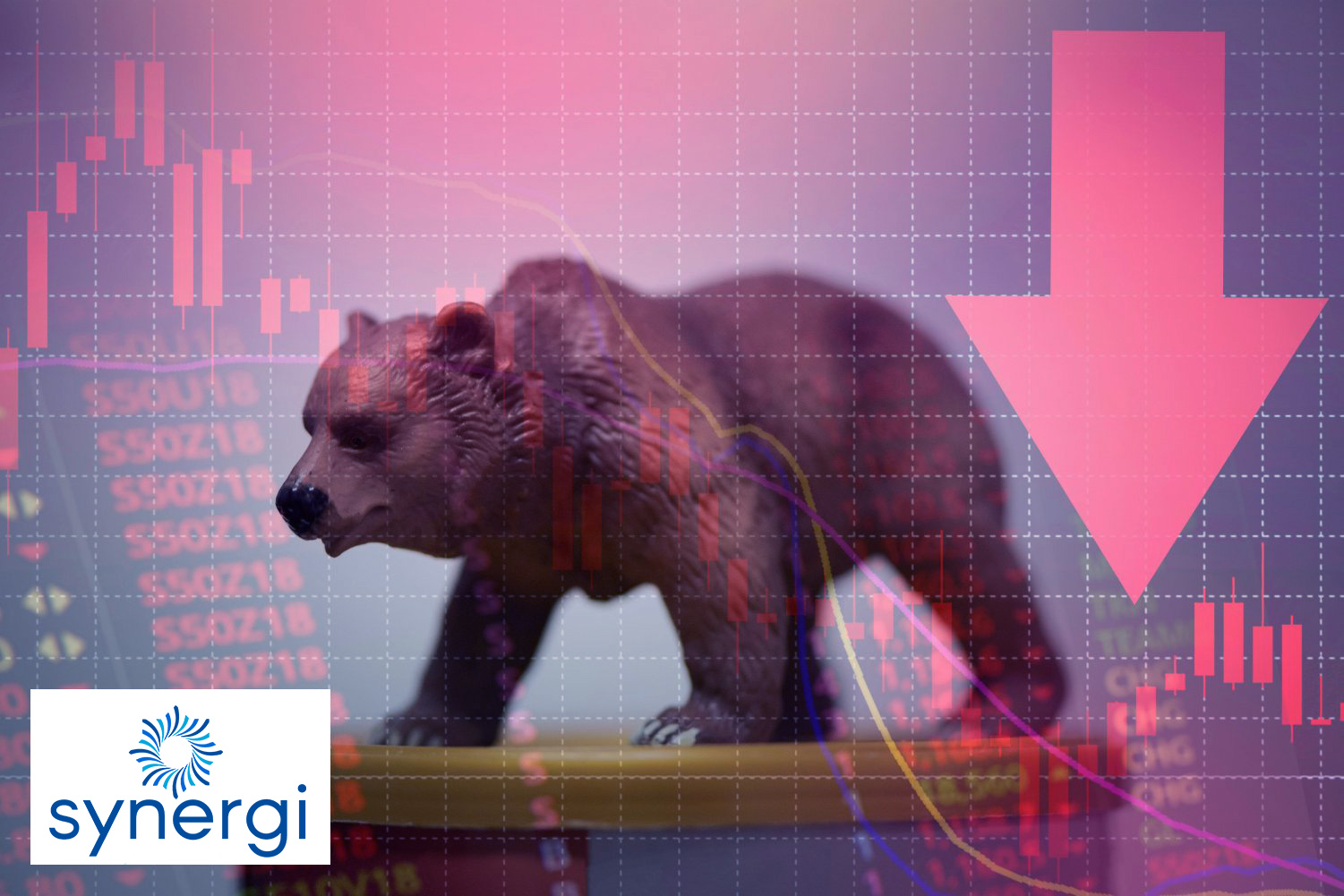What is a bear market and why it matters?
Recently the term “bear market” appear more and more in conversation. But what does it mean?
Bears and bulls are common animal metaphors used in the stock market. Think about how these animals attack their prey: a bull would raise its horns upward, while a bear reaches with its head downward. Generally these terms indicate how traders are feeling about the current climate – and often serve as a powerful illustration of which way an asset’s price is heading. Right now the prey (ie. your investment portfolio) is being attacked in a downward motion.
Specifically, a bear market is when the stock market drops in value by 20% or more from its recent highs.
In the US the high was reached at the end of 2021 but quickly dipped in 2022, due to sky-high inflation, higher interest rates and uninspiring reports from major companies.
So far in 2022, the Nasdaq is down more than 20% — so technically in a bear market — while the S&P is down more than 13% and the Dow is down nearly 10%.The last bear market happened two years ago at the start of the Covid-19 pandemic and before that, in 2009 during the financial crisis. 2011 and 2018 saw near bear market pullbacks as well.
In the 26 bear markets since 1929, the S&P 500 — the index that most people’s 401(k)’s track — has lost an average of 35.6% of its value over a typical duration of 289 days or about 9 ½ months, according to a report from Hartford Funds.
However, despite these fluctuations leading investment house Rathbones reminds us that the UK stock market has gained 8% annually going back 125 years, Rathbones believes the key to making money in stocks is to not get scared out of them!
Here are a couple of thoughts from our investment partners, Rathbones, on the current markets.
‘We have not sold any of our companies and on the contrary we continue to screen them and are confident as to their financial resilience and future growth prospects.
As such we have been adding stock as new lows are reached . We focus on high return on equity, low debt to equity, high free cash flow and most importantly profits.
All of these characteristics should mean they will come through a recession and probably gain market share in many instances as their weaker competitors struggle with margin stress and higher costs of production’
Rathbones Investment Managers
May 2022







